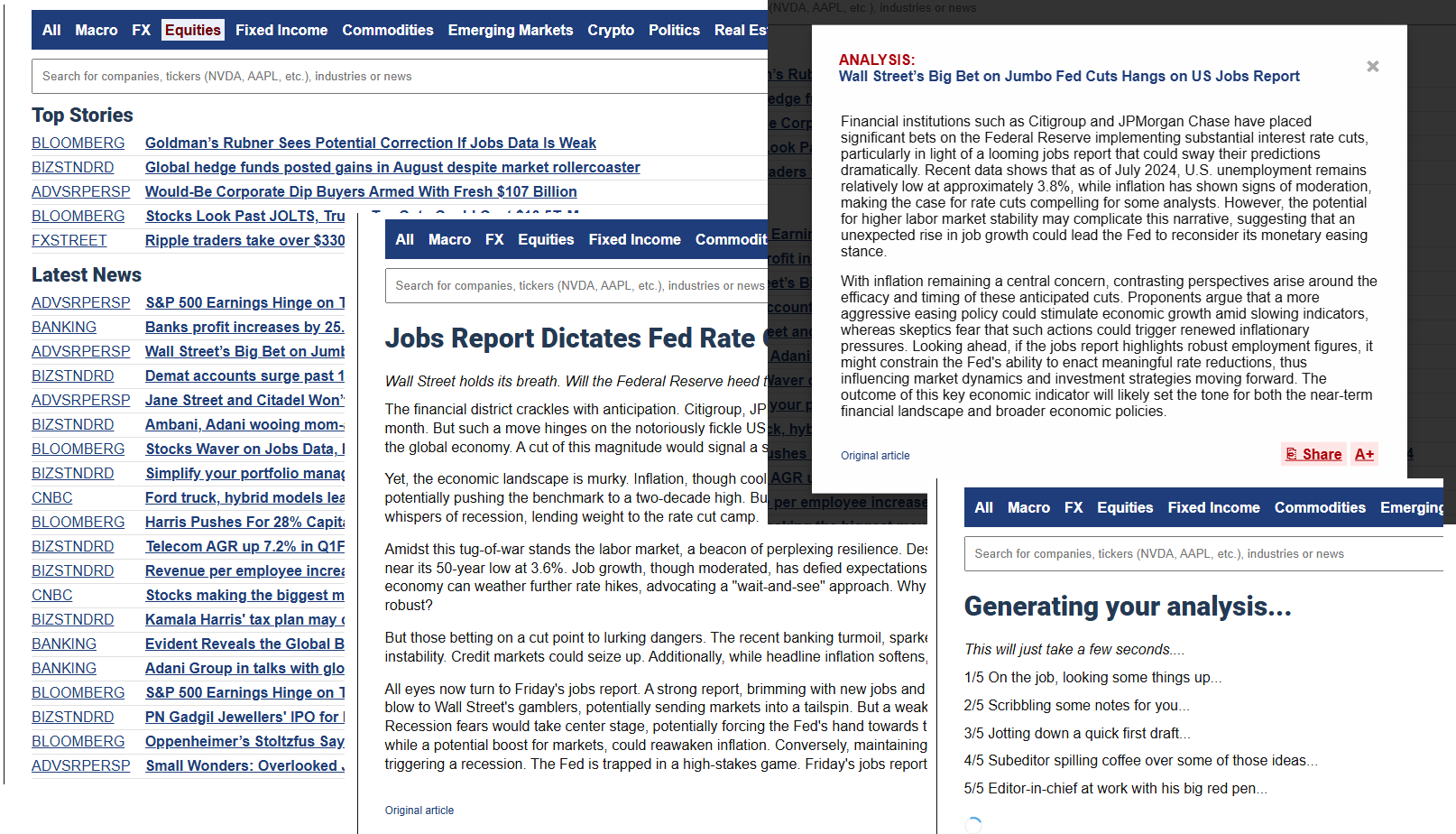Apple Reimagines Future Amid Rapid Innovation Changes
Apple is once again at the forefront of technological innovation with its latest product announcements and strategic leadership changes. Central to these developments is the release of the AI-powered iPad mini, which has captivated global audiences. This release underscores Apple's steadfast commitment to infusing artificial intelligence into its products, setting it apart in an intensifying competitive landscape. Moreover, the significant uptick in iPhone 16 sales, particularly within the Chinese market, highlights Apple's ability to adapt and thrive in dynamic environments.
The introduction of AI capabilities in Apple's new iPad mini showcases a deliberate strategic direction aimed at enhancing user experiences. By seamlessly integrating advanced AI technologies, Apple not only elevates its products but also reinforces its market dominance. This aligns with industry-wide trends that emphasize the critical role of AI integration, tailoring Apple's approach to future-proof its offerings and maintain a competitive edge.
Despite these technological triumphs, Apple faces significant internal restructuring challenges. The recent departure of its top recruiting executive to Citadel, followed closely by the exit of the chief people officer, places Apple's human resources strategies under scrutiny. These leadership transitions could potentially disrupt its recruitment processes and impact the organizational culture, raising questions about the company's future strategic cohesion.
Investors remain optimistic about Apple's financial trajectory. The company's stock has seen a notable increase, recently climbing to $235.00, marking a 1.23% rise attributed to robust investor confidence in Apple's strategic direction. Analysts like Dan Ives from Wedbush Securities highlight the soaring sales of the iPhone 16 in China, contributing to what he calls an 'Apple growth renaissance.' This resurgence in China, with iPhone 16 sales surging by 20% in the initial weeks post-launch, signals a vital recovery in a market that had presented previous challenges.
China's critical role in Apple's resurgence contrasts the company's prior struggles within the region's competitive and regulated marketplace. Such momentum is not only pivotal for Apple's regional gains but also contributes substantially to its overarching global market strategy. The improved sales performance in China is expected to add considerably to revenue growth, supporting Apple's broader financial objectives.
Simultaneously, Apple's global operations are under scrutiny amidst looming policy shifts potentially emanating from a future Trump administration. Howard Lutnick's insights on anticipated tax reforms suggest potential operational cost increases for major corporations like Apple. Navigating these changes will require Apple to adeptly adjust its tax strategies to mitigate financial impacts.
In parallel with its market-driven activities, Apple's covert explorations in developing electric vehicle battery technology, in collaboration with BYD, exemplify its forward-thinking ethos. Although its car project plans were shelved, the collaboration has laid significant technological foundations, benefiting Apple's internal capabilities while advancing broader industry technologies.
Amidst this dynamic scenario, Apple prepares for its next product event, anticipating an emphasis on Mac products. Occurring strategically after the iPad mini's success, this event reflects Apple's commitment to holistic product development and user-centric innovations. By fostering synergies across its product lines, Apple strengthens its ecosystem, ensuring sustained consumer loyalty.
While Apple's AI-centric strategies herald substantial growth potential, the company continues to grapple with leadership shifts and geopolitical challenges. Successfully balancing innovation with strategic nimbleness will be critical to its continued success. The intricate interplay of internal and external factors will influence Apple's future trajectory, determining its role as a pivotal player in the global tech industry.
As Apple advances, its interactions across markets, consumer bases, and regulatory landscapes will test its resilience. The coming months may provide clarity on Apple's ability to consolidate these strategic elements, affirming its position as an industry leader capable of steering market standards and shaping consumer expectations. With AI firmly at the core of its strategy, Apple remains poised as a vanguard of technological innovation, offering a promising vision of the digital future for both investors and consumers alike.
AI-Powered trading insights: join our email list
Real-Time Market Analysis
Get instant insights on market trends, news impact, and trading opportunities.

